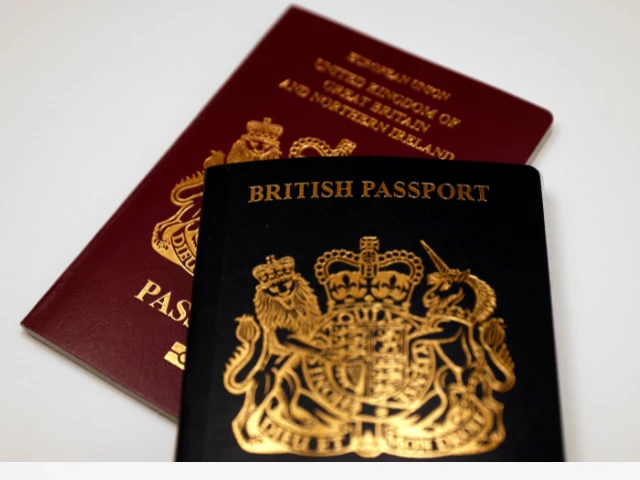The UK government has unveiled stringent new English language requirements for migrants and their families, as part of Prime Minister Keir Starmer’s comprehensive Immigration White Paper aimed at reducing net migration.
Under the revised rules, all applicants—including adult dependents—must now meet a higher English proficiency standard before being allowed to live, work, or study in the UK. These updated requirements will apply across almost all immigration categories and include mechanisms to track language improvement over time.
“If you want to live in the UK, you should speak English. That’s common sense,” Starmer stated on X (formerly Twitter), highlighting the government’s push for stronger integration and national unity.
READ MORE: PSL X to Resume on May 17 Amid Tight Security; Final Set for May 25
Officials argue that enhancing language standards will help migrants better engage in British society, access employment, and avoid social exclusion or exploitation. The reforms are also expected to ease pressure on public services and foster deeper community connections.
Previously, English proficiency was mandated only for select visa types. The new policy now extends to dependents of skilled workers and international students, representing a significant shift in immigration strategy.
The Home Office emphasized that these measures will aid long-term integration and empower migrants to make meaningful economic contributions. Starmer reinforced this message by stating, “Living in Britain is a privilege that must be earned,” underscoring that cultural and linguistic integration will now be essential for residency or citizenship.


